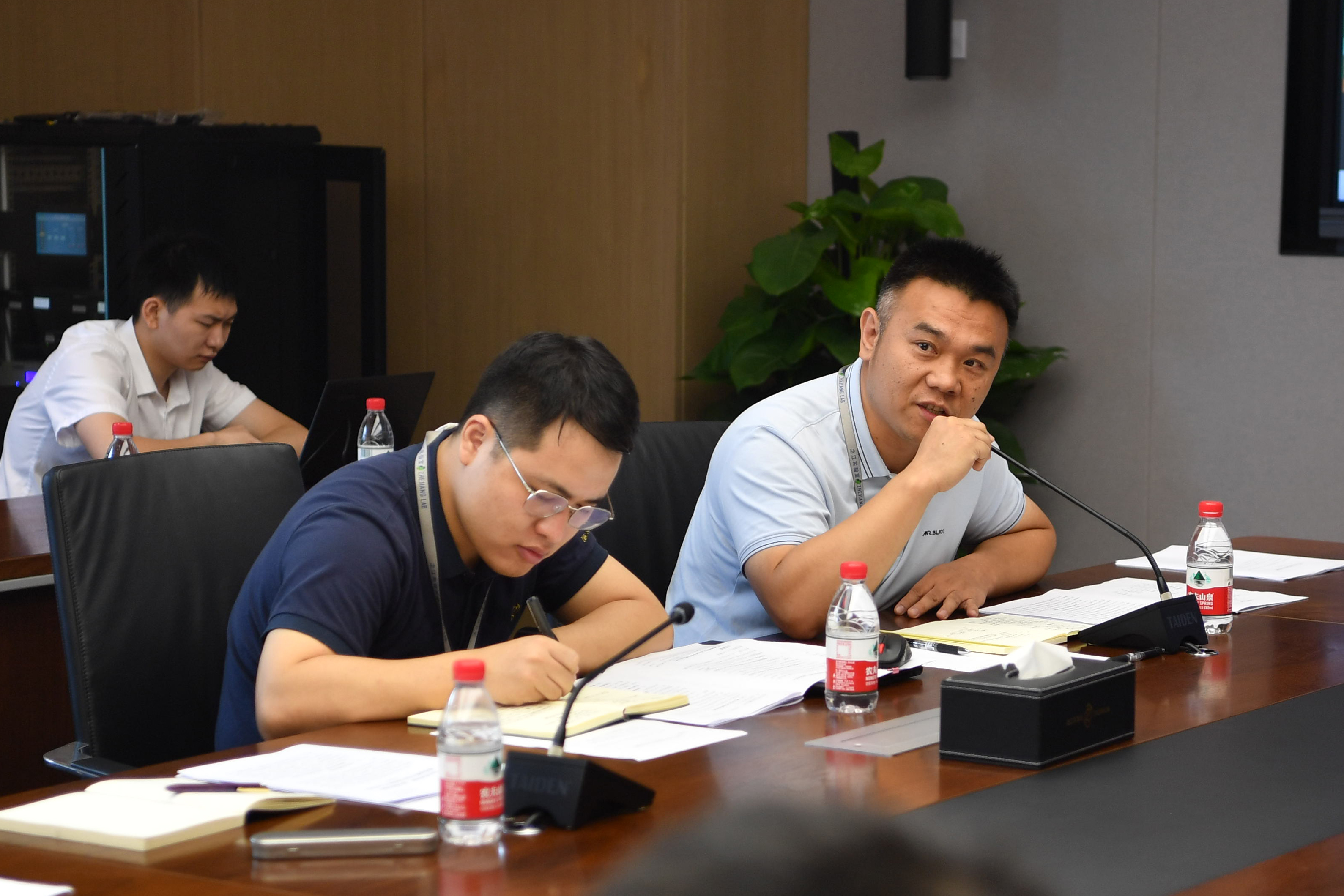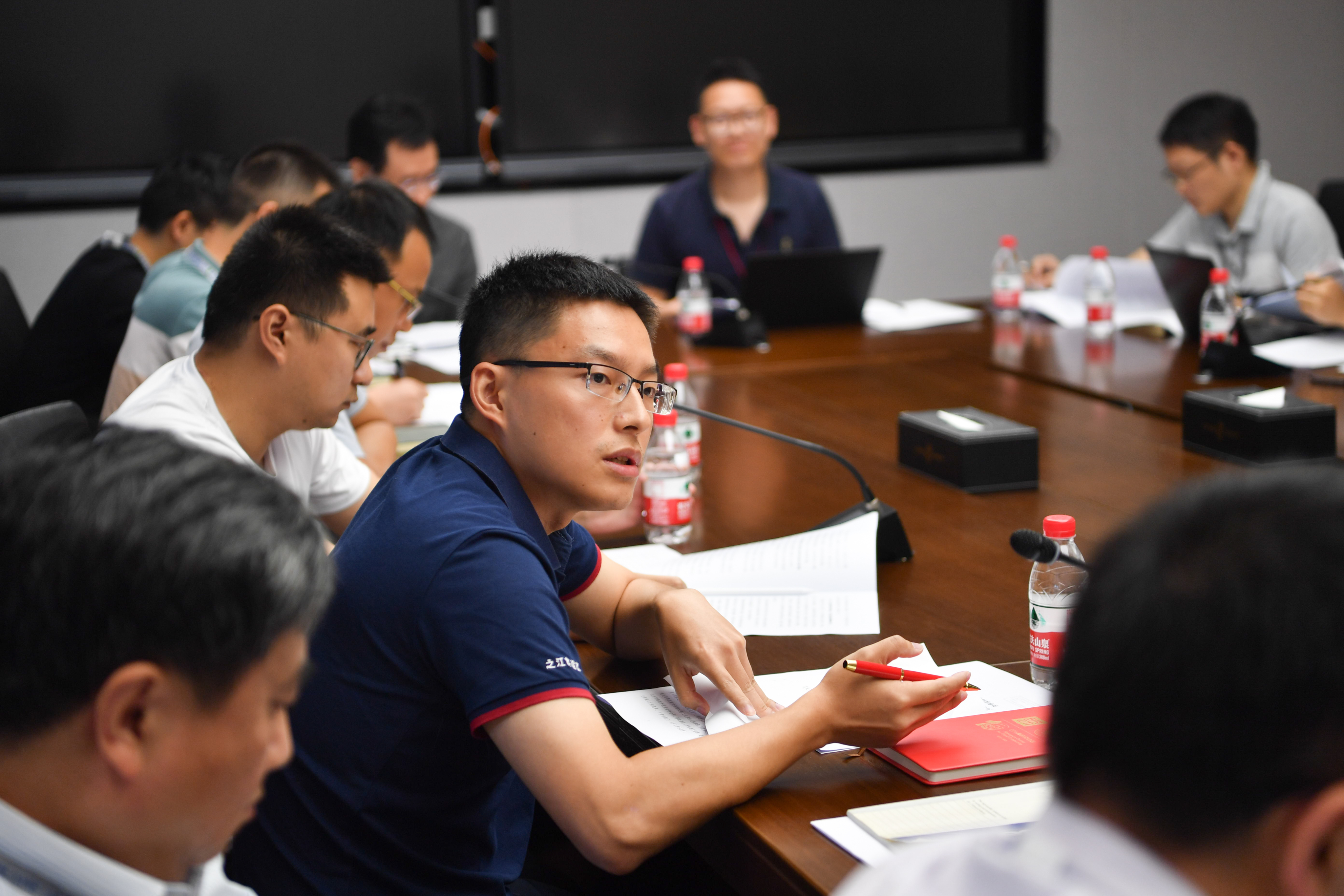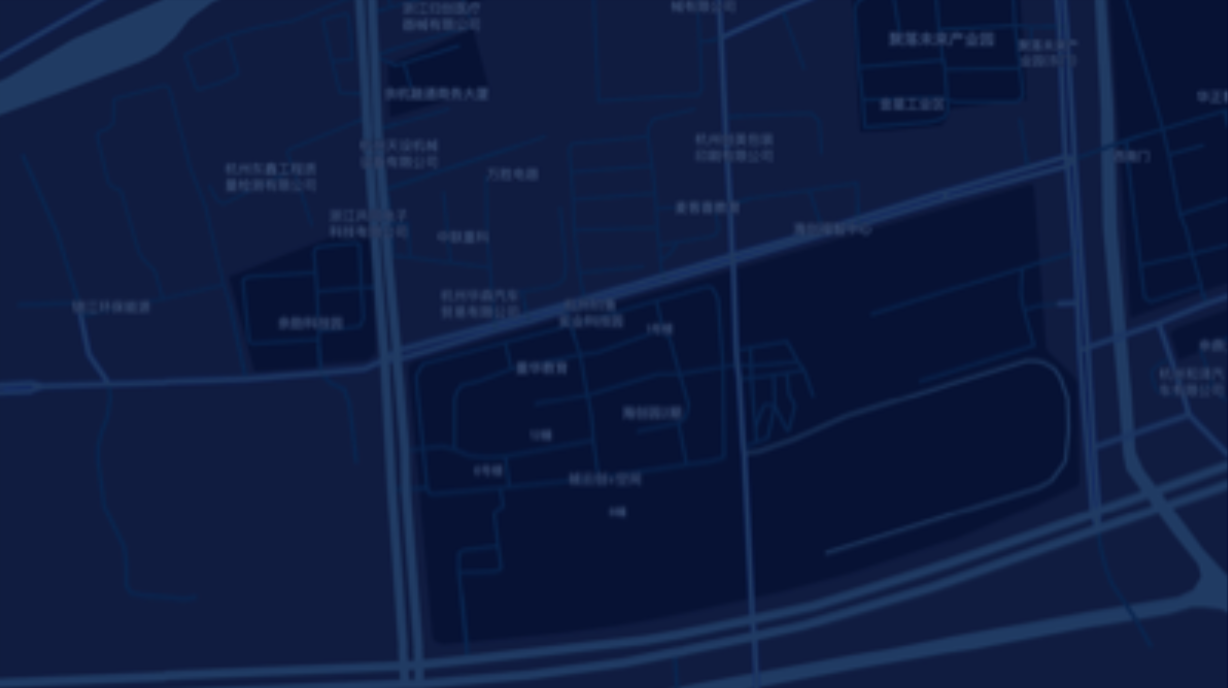

Zhejiang Lab held a semi-annual internal conference with a special focus on talent recruitment and development on July 26-27. ZHU Shiqiang, President of the Lab, delivered a report entitled "Deepening Institutional Innovation, Strengthening Internal Capacities, Enhancing First-Mover Advantages, and Building China's Technological Strength with High-Level Research Outcomes." The plenary meeting was attended by Professor PAN Yunhe, member of the Chinese Academy of Engineering and the Lab's Chief Scientist in Artificial Intelligence, along with the Lab's leadership team and all employees.

In his report, President ZHU reviewed the Lab's development over the past four years and summarized the revolutionary progress and innovation experience the Lab has attained since its establishment. He said that after starting as a novel type of research institution with few precedents for reference, the Lab has explored and defined a clear development path towards the goal of building China's technological strength, achieving a number of important outcomes in tech innovation and institutional innovation. In addition, the Lab has moved from relying on the investment from the Zhejiang provincial government, to now having gathered multiple funding resources to support its development. It has gone from being guided forward by external organizations such as Zhejiang University and Alibaba, to now being able to determine its direction based on its own needs. From starting as an institution with diversified values, it has formed an organizational culture emphasizing scientific rigor and patriotism.
President ZHU went on to point out that when facing new challenges in the new era, the Lab should keep its original aspirations and always work for China's national needs, striving for the goal of building China's technological strength. In particular, the Lab should keep an open mind in order to build a top innovation ecosystem, and implement its research plans based on the idea of developing cutting-edge technologies for economic development, national needs, and people's health. Moreover, the Lab should build a solid team that meets first-class standards.
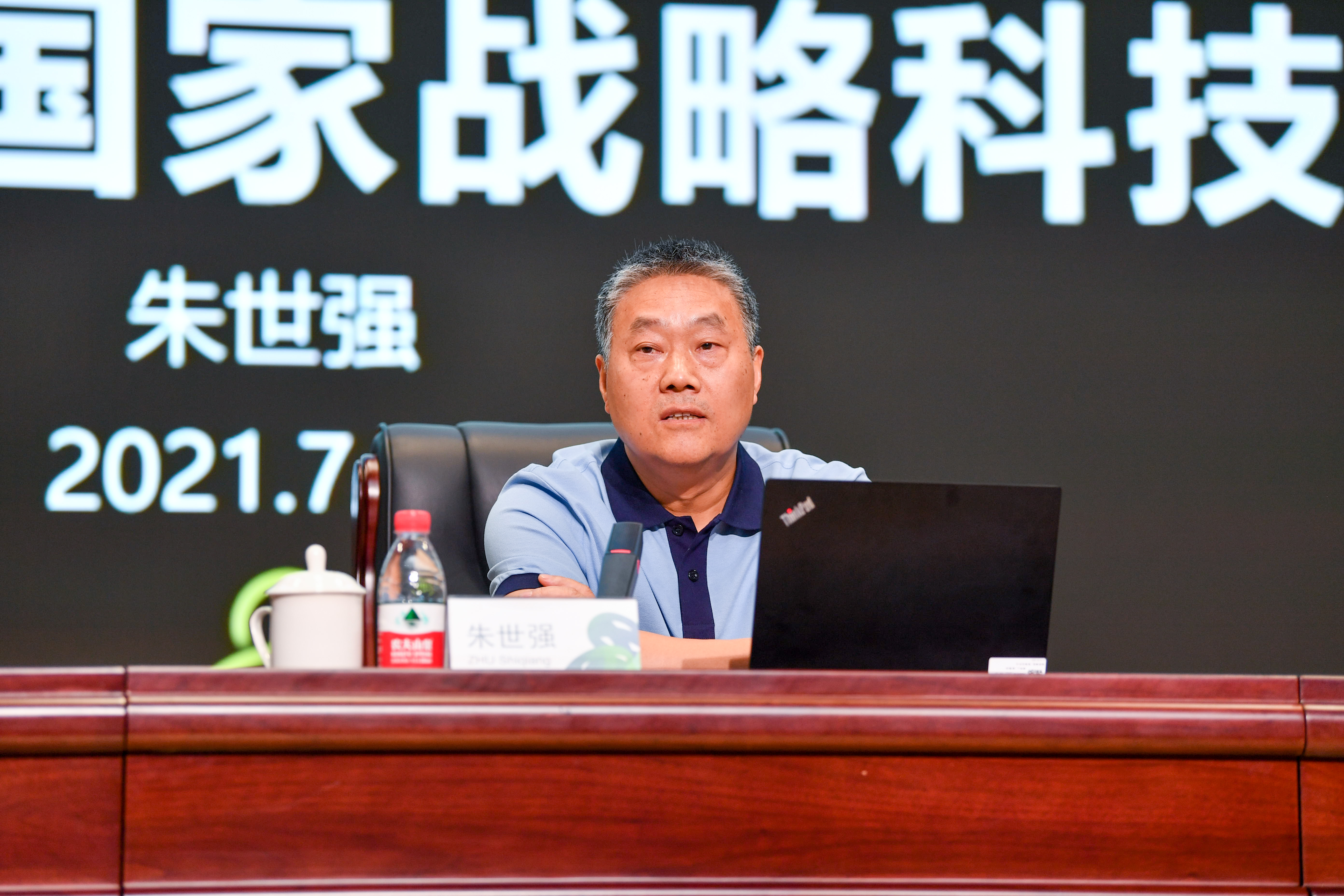
"All components of a system are interdependent. We need to look at the overall system for problem-solving and decision-making. To make a system work, we should be good at using tools and methods such as system modeling, system analysis, and system simulation to guide our operation," said President ZHU in his report. He explained the concepts and methods in cybernetics and systems theory, asking all centers and departments of the Lab to establish a closed-loop feedback mechanism for the next stage of their work.
A well-developed talent team is the key to successful innovation. "In order to realize the objectives of the 14th Five-Year Plan and the Lab's longer-term goals, the Lab will adhere to the philosophy of open cooperation. Moreover, the Lab will strengthen its internal capacities by building a well-structured, high-level, and innovative talent team," says President ZHU, "We will focus on talent recruitment and talent training to build an ecosystem for the growth of our talent team. We will also innovate our talent development mechanism, so as to provide opportunities for our members to realize their value at the Lab."
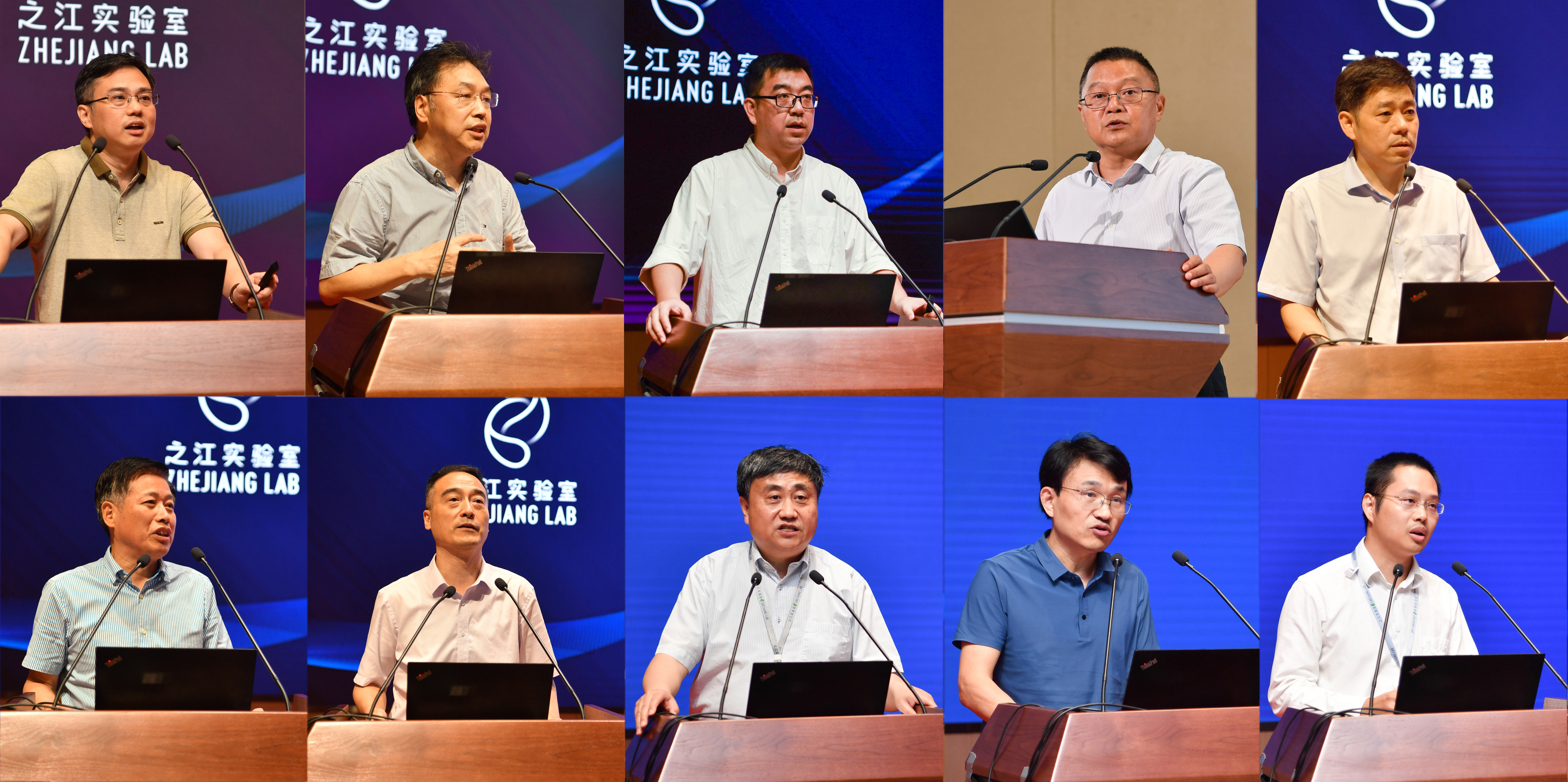
Other members of the Lab's leadership team also gave keynote speeches on topics such as promoting the integrated development of research and talent, optimizing the recruitment of science professionals, making well-targeted talent policies, gathering innovation resources for cooperation, building a well-functioning talent support system, and increasing solidarity by building organizational culture. Academic directors shared their experiences and practices in talent training, team building, and talent recruitment. The conference also included group discussions for the heads of all departments, institutes (centers), and primary-level Party organizations, as well as representatives of internal organizations such as the Labor Union, the Youth Committee, the Society of Intellectuals, and the Society of Postdoctoral Fellows. They shared their views on talent recruitment and development, providing many useful ideas and concrete suggestions for the next stage of Lab's talent program.

